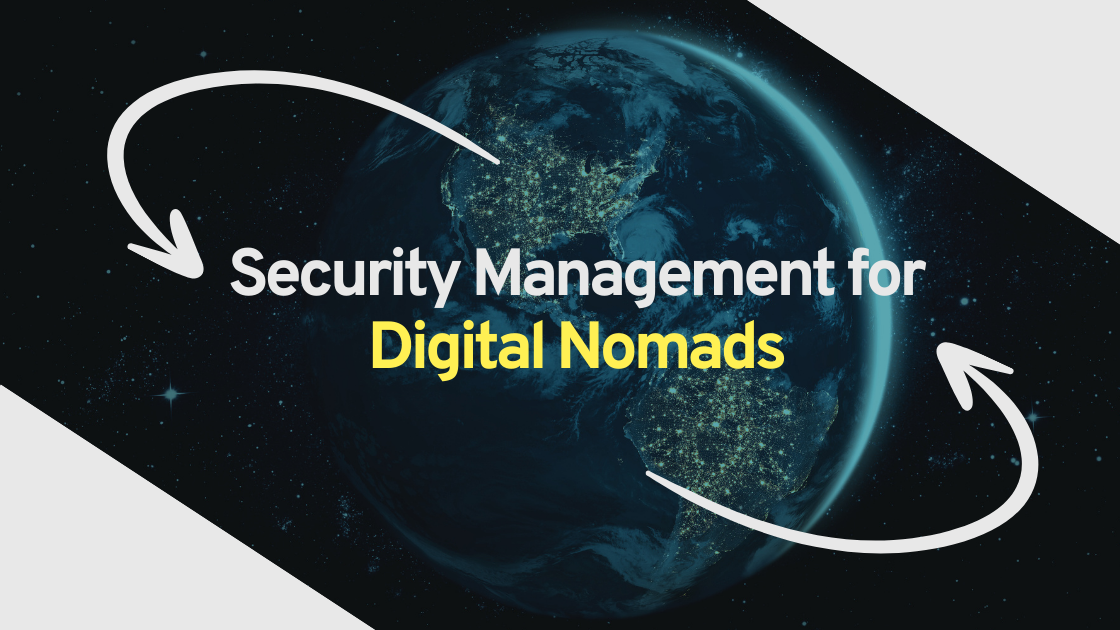Who is responsible for conducting a risk assessment?
When approaching risk assessments there is lots to consider; not only the specific details of the individual risk assessments, but the process as a whole. You may be wondering who needs to fill out risk assessments; what is the law surrounding risk assessments; and whose responsibility it is? Let’s take a look…

Legal responsibility for risk assessment
Employers are legally required to take steps to ensure their personnel and others are protected from harm. So, ensuring that an appropriate risk assessment is done in the workplace is ultimately the responsibility of the employer. It is important to consider, even something as simple as the office party may require a risk assessment depending on size, location or activities!
When is a risk assessment needed?
An employer may have to carry out a risk assessment for any office/site or location their people are working in and any specific activities they are undertaking. A site assessment may include fire safety, electrical hazards, hazardous substances on location or infectious disease exposure (Covid-19). Even everyday activities such as office cleaning with chemical substances, catering, building maintenance work or elevator operation may require a safety assessment.
Risk assessment should also be done on the activities employees engage in as part of their work, from travel to manual labour/handling as well as risk of repetitive strain injuries, working hours, lone working, to name just a few.
If a member of staff is particularly vulnerable a personal assessment should be conducted. The specifics and kind of assessments needed will be based on the nature of the work and can differ significantly.

Delegation of risk
The employer can delegate the actual risk assessment process to a competent individual. The individual responsible for filling out the risk assessment should have the relevant knowledge, experience, and skills to do the assessment.
Including stakeholders in risk assessment
The person carrying out the activity being assessed or in charge of the activity should be involved in the process and the risk assessment should be communicated to all relevant parties.
Consulting risk assessment experts
It is recommended to consult subject matter experts during the risk assessment process with the aim of improving the judgements on risk assessment levels and mitigation. A sensible precaution, when approaching risk assessments we recommend, is having a relevant manager review and if necessary, approve or sign off the risk assessment before the activity begins.
For any employer, the amount of risk assessments required can be daunting. Many rely on specialist health and safety experts to ensure they are compliant, but this can be costly.
RiskPal empowers businesses by giving them risk assessment templates for every situation.
The templates contain best practice guidance to make the process easier and ensure the employer does not miss out on any safety elements.



